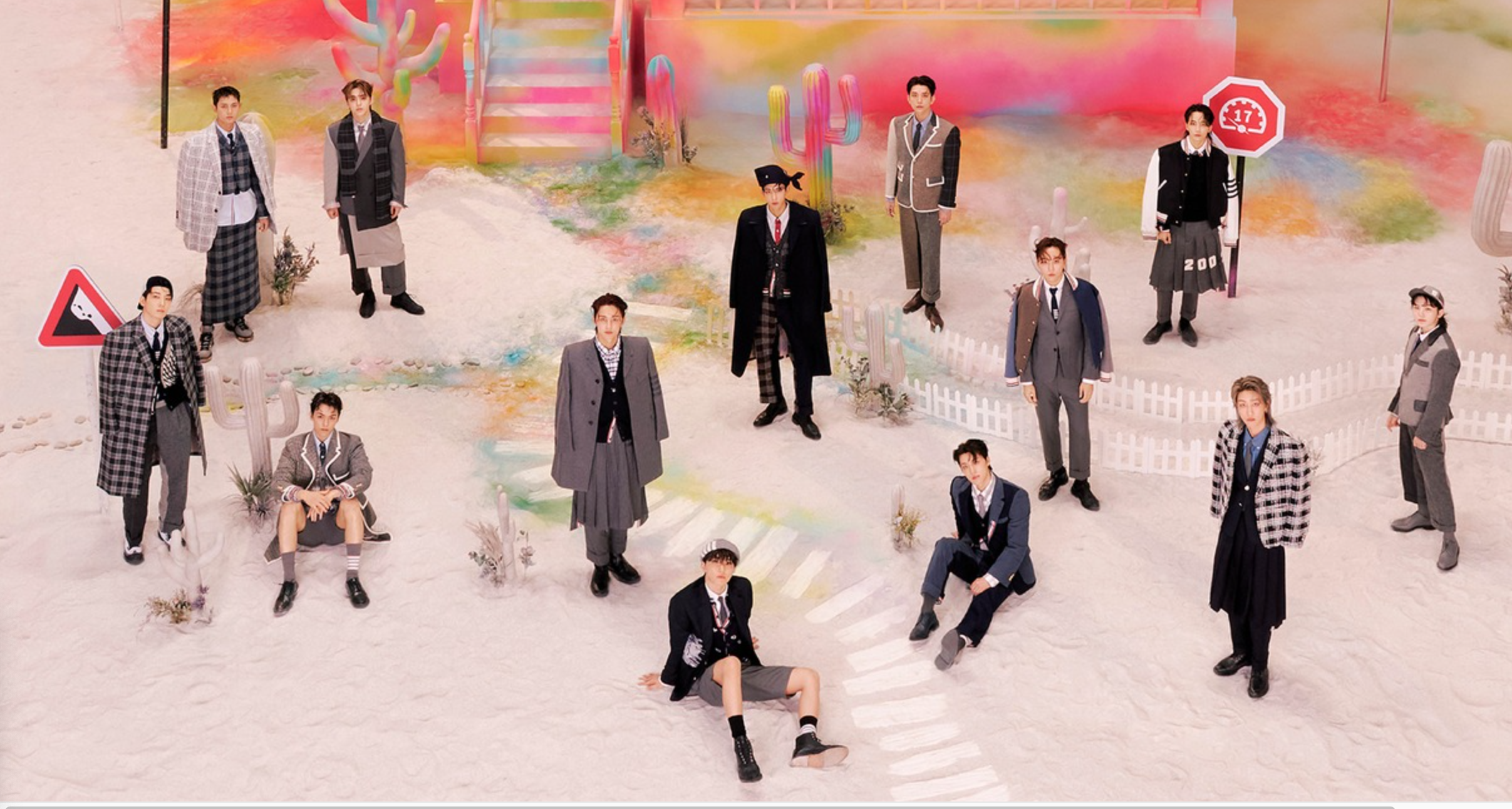SEVENTEEN’s latest album, “17 IS RIGHT HERE,” accompanied by the electrifying title track “MAESTRO,” marked a significant milestone for the K-Pop sensation. However, amidst the excitement surrounding their comeback, a troubling incident surfaced online, sparking widespread dismay among fans as hundreds of albums were discovered discarded in Japanese streets.
SEVENTEEN Albums Discarded in Japanese Streets Shocks Netizens
A Twitter post depicting a distressing scene in Shibuya, Japan, quickly garnered over 1 million views. The video showcased hundreds of SEVENTEEN albums unceremoniously discarded on the streets, accompanied by a sign inviting passersby to take as many as they desired. The sight struck a chord with fans, who were appalled to witness the blatant disregard for the group’s hard work and dedication poured into each album.
渋谷公園通りにseventeenのベストアルバムがダンボールごと廃棄されていました…これは酷い… #SEVENTEEN #セブンティーン #세븐틴 pic.twitter.com/jpK2ozmtDQ
— 渋谷NEWS (@Sugatch27) April 30, 2024
The incident took a disheartening turn as it became apparent that opportunistic individuals seized the opportunity to capitalize on the albums, primarily for their coveted photo cards and codes, rather than appreciating the music and supporting the artists. This exploitation not only undermined SEVENTEEN’s artistic endeavors but also deprived genuine fans, affectionately known as CARATs, of the opportunity to acquire the albums they desired, exacerbating the disappointment felt within the fandom.
The aftermath of the incident also sparked a wave of reflection among netizens, who called for a fundamental overhaul of the album purchasing system. The prevailing sentiment was one of urgency, with many expressing a fervent desire to curb the actions of resellers and safeguard the integrity of artists’ efforts from being callously discarded or exploited for profit.
As the online discourse intensified, fans rallied behind the notion of implementing measures to prevent such incidents from recurring, emphasizing the importance of respecting the artistic contributions of idols and ensuring equitable access to their music for genuine enthusiasts. The collective outcry also underscored the need for systemic changes within the industry to safeguard the interests of both artists and fans alike, fostering a more sustainable and supportive environment for K-Pop culture to thrive.
